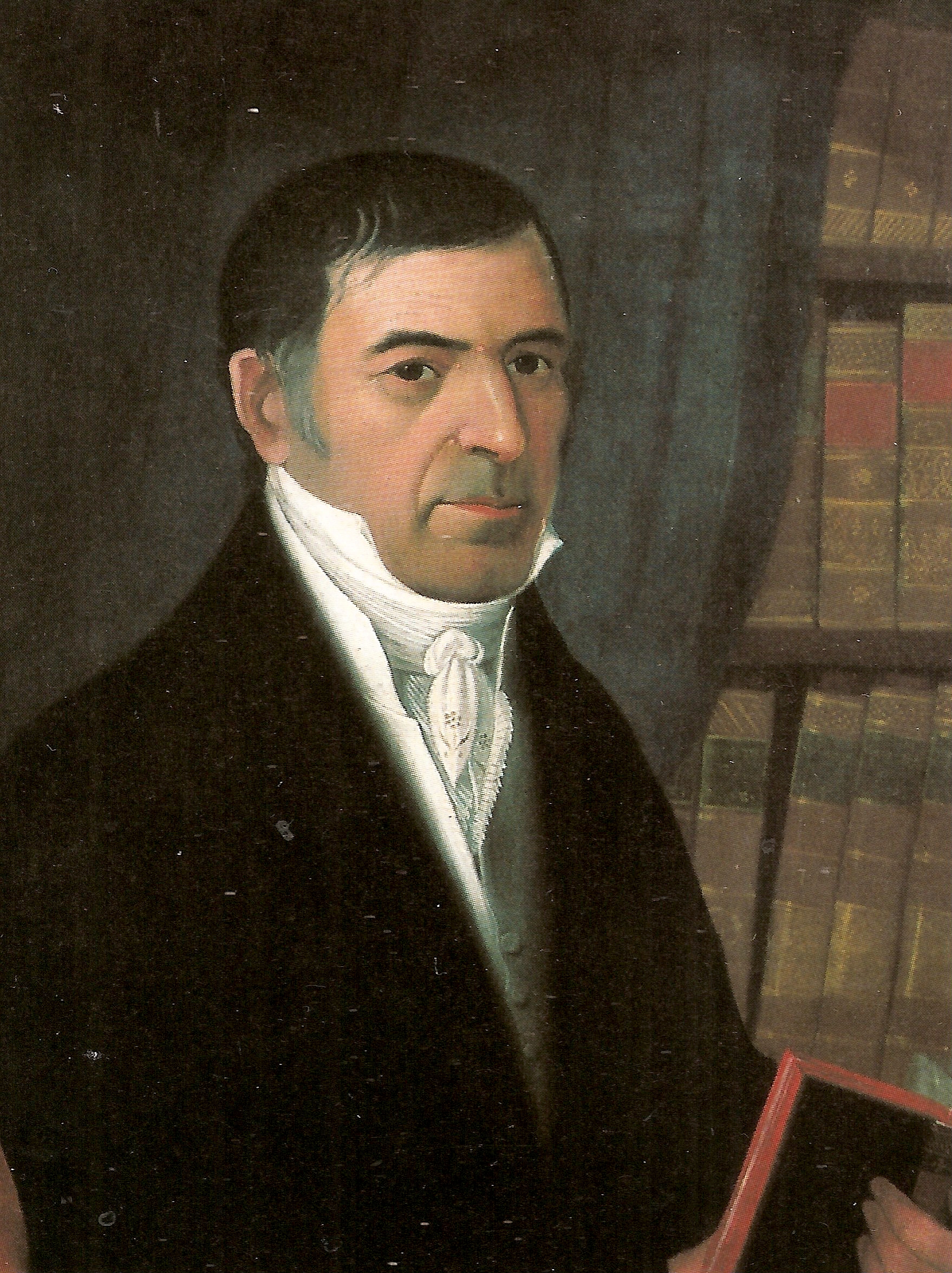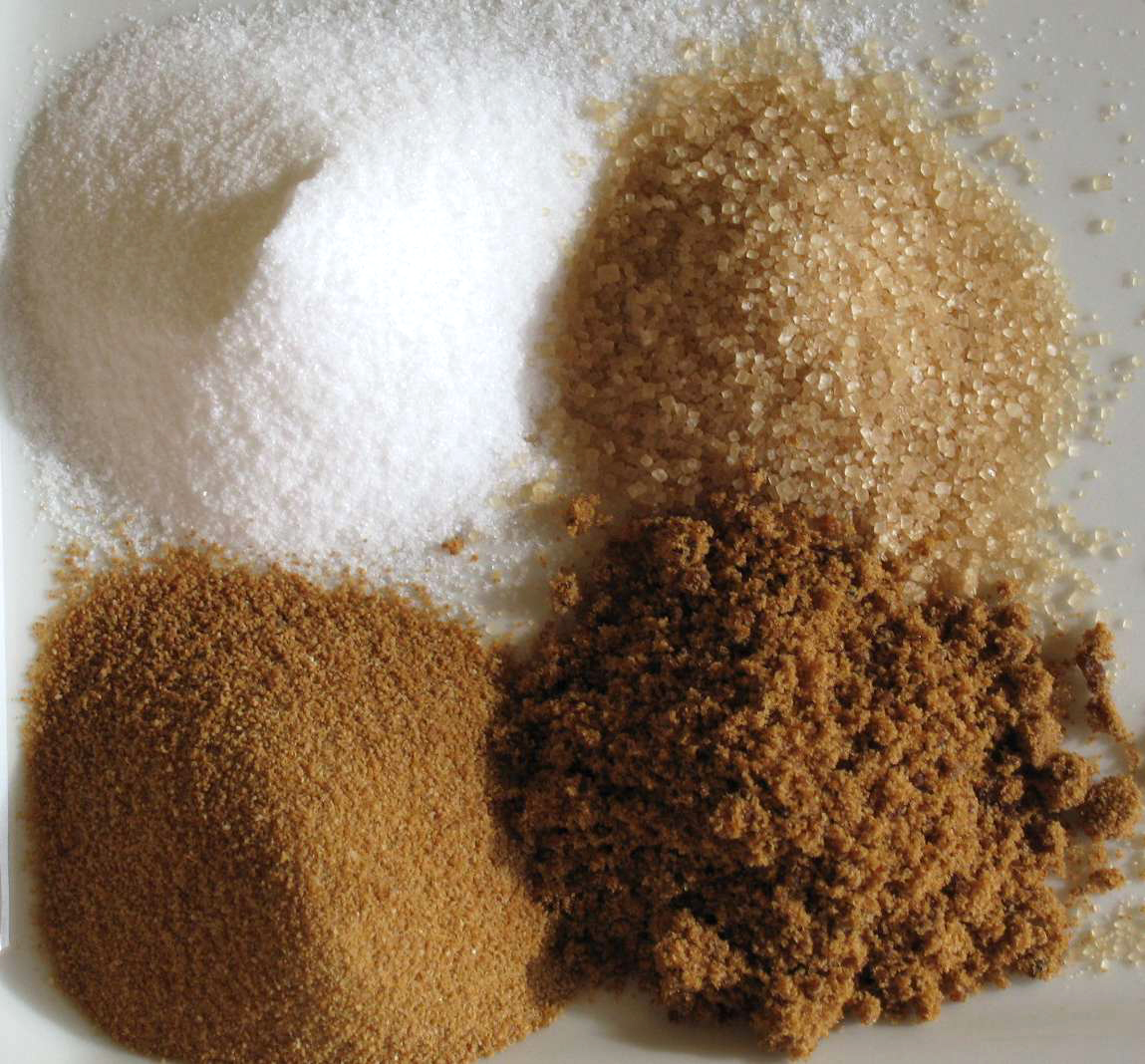|
March Revolution (Venezuela)
The March Revolution was a military uprising that took place in Venezuela in March 1858. It was the first armed rebellion that managed to overthrow a government in Venezuelan history. The principal leader, the caudillo Julián Castro, was trusted absolutely by President José Tadeo Monagas. The main drivers of the movement were the social issues and political abuse which had accumulated during the ''Monagato'' or Liberal Oligarchy – a decade in which the brothers José Tadeo Monagas and José Gregorio Monagas ruled (1847–1858). Additionally, this period featured political sectarianism, high corruption, mismanagement of public finances and the central government's lack of concern with the provinces. The consequences were extreme political violence and great social chaos. Similar events had occurred in 1848, 1849, 1853 and 1856. Background Shortly after taking office in 1847, President José Tadeo Monagas distanced himself from former President José Antonio Páez and hi ... [...More Info...] [...Related Items...] OR: [Wikipedia] [Google] [Baidu] |
Venezuela
Venezuela (; ), officially the Bolivarian Republic of Venezuela ( es, link=no, República Bolivariana de Venezuela), is a country on the northern coast of South America, consisting of a continental landmass and many islands and islets in the Caribbean Sea. It has a territorial extension of , and its population was estimated at 29 million in 2022. The capital and largest urban agglomeration is the city of Caracas. The continental territory is bordered on the north by the Caribbean Sea and the Atlantic Ocean, on the west by Colombia, Brazil on the south, Trinidad and Tobago to the north-east and on the east by Guyana. The Venezuelan government maintains a claim against Guyana to Guayana Esequiba. Venezuela is a federal presidential republic consisting of 23 states, the Capital District and federal dependencies covering Venezuela's offshore islands. Venezuela is among the most urbanized countries in Latin America; the vast majority of Venezuelans live in the cities of ... [...More Info...] [...Related Items...] OR: [Wikipedia] [Google] [Baidu] |
Coffee
Coffee is a drink prepared from roasted coffee beans. Darkly colored, bitter, and slightly acidic, coffee has a stimulating effect on humans, primarily due to its caffeine content. It is the most popular hot drink in the world. Seeds of the '' Coffea'' plant's fruits are separated to produce unroasted green coffee beans. The beans are roasted and then ground into fine particles that are typically steeped in hot water before being filtered out, producing a cup of coffee. It is usually served hot, although chilled or iced coffee is common. Coffee can be prepared and presented in a variety of ways (e.g., espresso, French press, caffè latte, or already-brewed canned coffee). Sugar, sugar substitutes, milk, and cream are often used to mask the bitter taste or enhance the flavor. Though coffee is now a global commodity, it has a long history tied closely to food traditions around the Red Sea. The earliest credible evidence of coffee drinking in the form of the modern ... [...More Info...] [...Related Items...] OR: [Wikipedia] [Google] [Baidu] |
Wars Involving Venezuela
War is an intense armed conflict between states, governments, societies, or paramilitary groups such as mercenaries, insurgents, and militias. It is generally characterized by extreme violence, destruction, and mortality, using regular or irregular military forces. Warfare refers to the common activities and characteristics of types of war, or of wars in general. Total war is warfare that is not restricted to purely legitimate military targets, and can result in massive civilian or other non-combatant suffering and casualties. While some war studies scholars consider war a universal and ancestral aspect of human nature, others argue it is a result of specific socio-cultural, economic or ecological circumstances. Etymology The English word ''war'' derives from the 11th-century Old English words ''wyrre'' and ''werre'', from Old French ''werre'' (also ''guerre'' as in modern French), in turn from the Frankish *''werra'', ultimately deriving from the Proto-Germanic *'' ... [...More Info...] [...Related Items...] OR: [Wikipedia] [Google] [Baidu] |
Elections In Venezuela
Elections in Venezuela are held at a national level for the President of Venezuela as head of state and head of government, and for a unicameral legislature. The President of Venezuela is elected for a six-year term by direct election plurality voting, and is eligible for re-election. The National Assembly ''(Asamblea Nacional)'' has 165 members ''(diputados)'', elected for five-year terms using a mixed member majoritarian system. Elections also take place at state level and local level. Since 1998, elections in Venezuela have been automated (using touch-screen DRE voting machines which provide a Voter Verified Paper Audit Trail), and administered by the National Electoral Council. The voting age is 18, and (as of 2011) 95% of eligible voters are legally registered Venezuela has a multi-party system, with numerous parties. The United Socialist Party of Venezuela (''Partido Socialista Unido de Venezuela'', PSUV) was created in 2007, uniting a number of smaller parties suppo ... [...More Info...] [...Related Items...] OR: [Wikipedia] [Google] [Baidu] |
Valencia, Venezuela
Valencia () is the capital city of Carabobo State and the third-largest city in Venezuela. The city is an economic hub that contains Venezuela's top industries and manufacturing companies. It is also the largest city in the Valencia-Maracay metropolitan region, which with a population of about 4.5 million is the country's second largest after that of Caracas. Caracas lies some away to the east. History The area was already inhabited in the fourth millennium BC. The inhabitants were mainly hunters and gatherers who might have already developed some elementary forms of agriculture. Between AD 200 and 1000 an important settlement was formed close to Lake Valencia. Around the year 1000, waves of migration started to come from the Orinoco river area, probably arriving along the Pao river. The fusion of previous settlements with these new populations gave rise to the Vacencioide culture. People in the area belonged mostly to Arawak groups. They were hunters and gatherers who ... [...More Info...] [...Related Items...] OR: [Wikipedia] [Google] [Baidu] |
Carabobo
, anthem = ''Carabobo State Anthem, Himno del Estado Carabobo'' , image_map = Carabobo in Venezuela.svg , map_alt = , map_caption = Location within Venezuela , pushpin_map = , pushpin_map_alt = , pushpin_mapsize = , pushpin_map_caption = , coordinates = , coordinates_footnotes = , subdivision_type = Country , subdivision_name = Venezuela , subdivision_type1 = , subdivision_name1 = , subdivision_type2 = , subdivision_name2 = , established_title = Created , established_date = 1824 , founder = , named_for = , seat_type = Capital , seat = Valencia, Venezuela, Valencia , government_footnotes = , government_type = , leader_party = , governing_body=List of Venezuela state legislatures, Legislative Council , leader_title ... [...More Info...] [...Related Items...] OR: [Wikipedia] [Google] [Baidu] |
1857 Constitution Of Venezuela
The Constitution of Venezuela of 1857 (Official name: Constitution of the United States of Venezuela. Spanish language, Spanish: ''Constitución de los Estados Unidos de Venezuela'') was approved by the Congress of Venezuela, Congress of the Republic on April 16, 1857, the purpose of which was to increase the presidential term to 6 years, the president could be reelected and to centralize the organization of the state, all this promoted by the dictatorship of José Tadeo Monagas. This constitution did not last even one year since it was repealed by the March Revolution (Venezuela), March Revolution. Characteristics * Increase of the presidential term from 4 to 6 years. * Incumbent, Immediate reelection of the president is allowed. * Provincial legislatures were eliminated. * The number of provinces increased from 13 to 21. * Establishment of universal male suffrage. * The organization of the State is totally centralized. * The law eliminating the Capital punishment, death penalt ... [...More Info...] [...Related Items...] OR: [Wikipedia] [Google] [Baidu] |
Slavery
Slavery and enslavement are both the state and the condition of being a slave—someone forbidden to quit one's service for an enslaver, and who is treated by the enslaver as property. Slavery typically involves slaves being made to perform some form of work while also having their location or residence dictated by the enslaver. Many historical cases of enslavement occurred as a result of breaking the law, becoming indebted, or suffering a military defeat; other forms of slavery were instituted along demographic lines such as Racism, race. Slaves may be kept in bondage for life or for a fixed period of time, after which they would be Manumission, granted freedom. Although slavery is usually involuntary and involves coercion, there are also cases where people voluntary slavery, voluntarily enter into slavery to pay a debt or earn money due to poverty. In the course of human history, slavery was a typical feature of civilization, and was legal in most societies, but it is no ... [...More Info...] [...Related Items...] OR: [Wikipedia] [Google] [Baidu] |
Jose Tadeo Monagas
Jose is the English transliteration of the Hebrew and Aramaic name ''Yose'', which is etymologically linked to ''Yosef'' or Joseph. The name was popular during the Mishnaic and Talmudic periods. *Jose ben Abin * Jose ben Akabya *Jose the Galilean *Jose ben Halafta *Jose ben Jochanan *Jose ben Joezer of Zeredah * Jose ben Saul Given name Male * Jose (actor), Indian actor * Jose C. Abriol (1918–2003), Filipino priest * Jose Advincula (born 1952), Filipino Catholic Archbishop * Jose Agerre (1889–1962), Spanish writer * Jose Vasquez Aguilar (1900–1980), Filipino educator * Jose Rene Almendras (born 1960), Filipino businessman * Jose T. Almonte (born 1931), Filipino military personnel * Jose Roberto Antonio (born 1977), Filipino developer * Jose Aquino II (born 1956), Filipino politician * Jose Argumedo (born 1988), Mexican professional boxer * Jose Aristimuño, American political strategist * Jose Miguel Arroyo (born 1945), Philippine lawyer * Jose D. Aspiras (1924–1999), ... [...More Info...] [...Related Items...] OR: [Wikipedia] [Google] [Baidu] |
Leather
Leather is a strong, flexible and durable material obtained from the tanning, or chemical treatment, of animal skins and hides to prevent decay. The most common leathers come from cattle, sheep, goats, equine animals, buffalo, pigs and hogs, and aquatic animals such as seals and alligators. Leather can be used to make a variety of items, including clothing, footwear, handbags, furniture, tools and sports equipment, and lasts for decades. Leather making has been practiced for more than 7,000 years and the leading producers of leather today are China and India. Animal rights groups claim that modern commercial leather making and the consumption of its products is unethically killing animals. According to the life-cycle assessment (LCA) report for the United Nations Industrial Development Organization, 99% of the raw hides and skins used in the production of leather derive from animals raised for meat and/or dairy production. Critics of tanneries claim that they engage in ... [...More Info...] [...Related Items...] OR: [Wikipedia] [Google] [Baidu] |
Sugar
Sugar is the generic name for sweet-tasting, soluble carbohydrates, many of which are used in food. Simple sugars, also called monosaccharides, include glucose, fructose, and galactose. Compound sugars, also called disaccharides or double sugars, are molecules made of two bonded monosaccharides; common examples are sucrose (glucose + fructose), lactose (glucose + galactose), and maltose (two molecules of glucose). White sugar is a refined form of sucrose. In the body, compound sugars are hydrolysed into simple sugars. Longer chains of monosaccharides (>2) are not regarded as sugars, and are called oligosaccharides or polysaccharides. Starch is a glucose polymer found in plants, the most abundant source of energy in human food. Some other chemical substances, such as glycerol and sugar alcohols, may have a sweet taste, but are not classified as sugar. Sugars are found in the tissues of most plants. Honey and fruits are abundant natural sources of simple sugars. Sucr ... [...More Info...] [...Related Items...] OR: [Wikipedia] [Google] [Baidu] |







